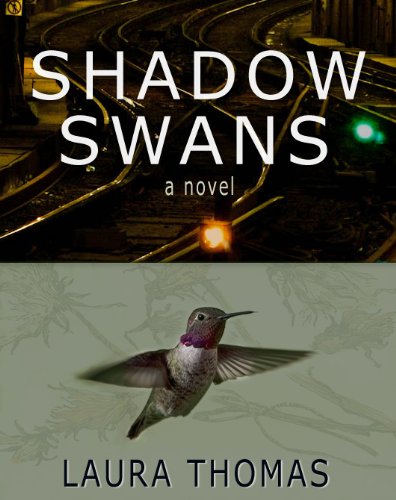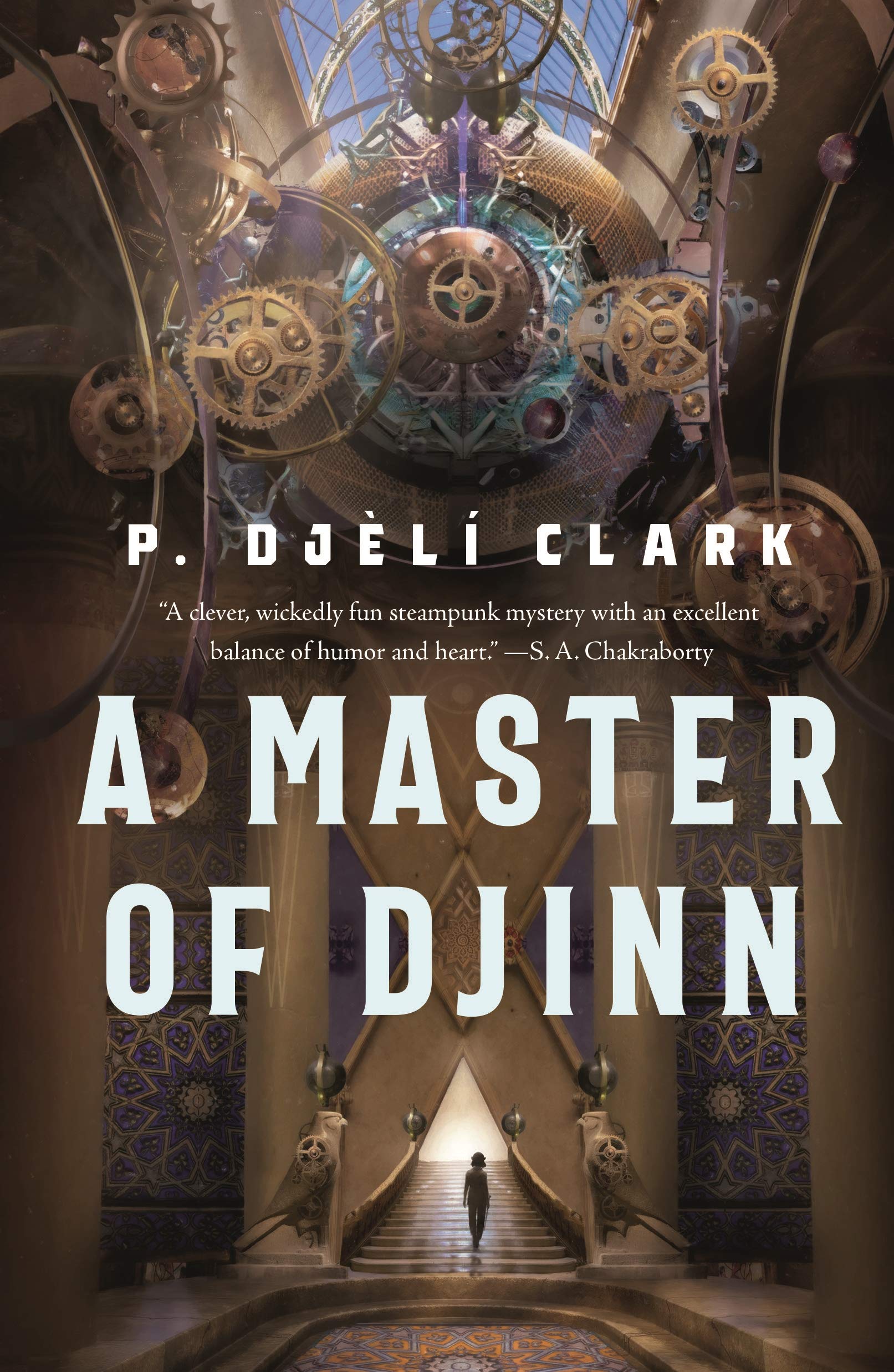
“Den’s azure eyes betrayed unfathomable tombs of fury and sadness.”
“They feared the rogue warrior they perceived to be growing inside me.”
“Anxious to coddle her kinetic sweetness, I submitted to the secrecy…”
“We were all, by now, wet like kittens tossed in the ocean.”
I’m surprised I made it through Laura Thomas’s Shadow Swans, a coming-of-age novel about a rich young malcontent who makes friends with a homeless girl living in New York City’s subway tunnels. Thomas’s main character, Ruby, speaks with the self-absorbed voice of someone who has yet to realize that suffering and apathy are neither unique nor artistic. Ruby’s first-person narration crams in unnecessary similes, adjectives, and adverbs in a style that I at first thought was satirical. She skateboards around New York City, rides on the top of taxicabs, and waxes ineloquent on the vapidity of human beings, all while living in an abandoned apartment because it’s more real than living somewhere where she has to pay rent. It takes meeting the tunnel-dwelling Den (short for Credenza) to make Ruby realize that ostracizing yourself because you think it sets you above the common herd isn’t quite the same as genuinely struggling on the outskirts of society–and even that realization doesn’t shift her narrative voice away from overwrought self-involvement.
But in spite of the purple prose and predictable young-person-comes-of-age-with-the-help-of-eccentric-friends-and-drugs-and-realizing-actions-have-consequences plot, there’s a decent story buried in Shadow Swans. It just needs help to get out. That story’s about respecting other people’s boundaries and about the selfishness of trying to push someone from a life very different from your own to “grow.” Sometimes, people push others because it makes them feel special to be the teacher, the knowledge-bringer, and pushing for selfish reasons often hurts others more than it helps. Parts of Shadow Swans are about that. Parts of it are also about falling in love with a friend, and not being certain what that means or how it changes a relationship. Both parts, if they were couched in firmer writing, pacing, plot, and character development, would make Shadow Swans worth reading. At 99 cents for the ebook, it may still be worth reading, if you’re looking for a cheap reading fix. If you’re tight on time and money, though, I’d wait until Thomas writes another book, or develops this one further.
